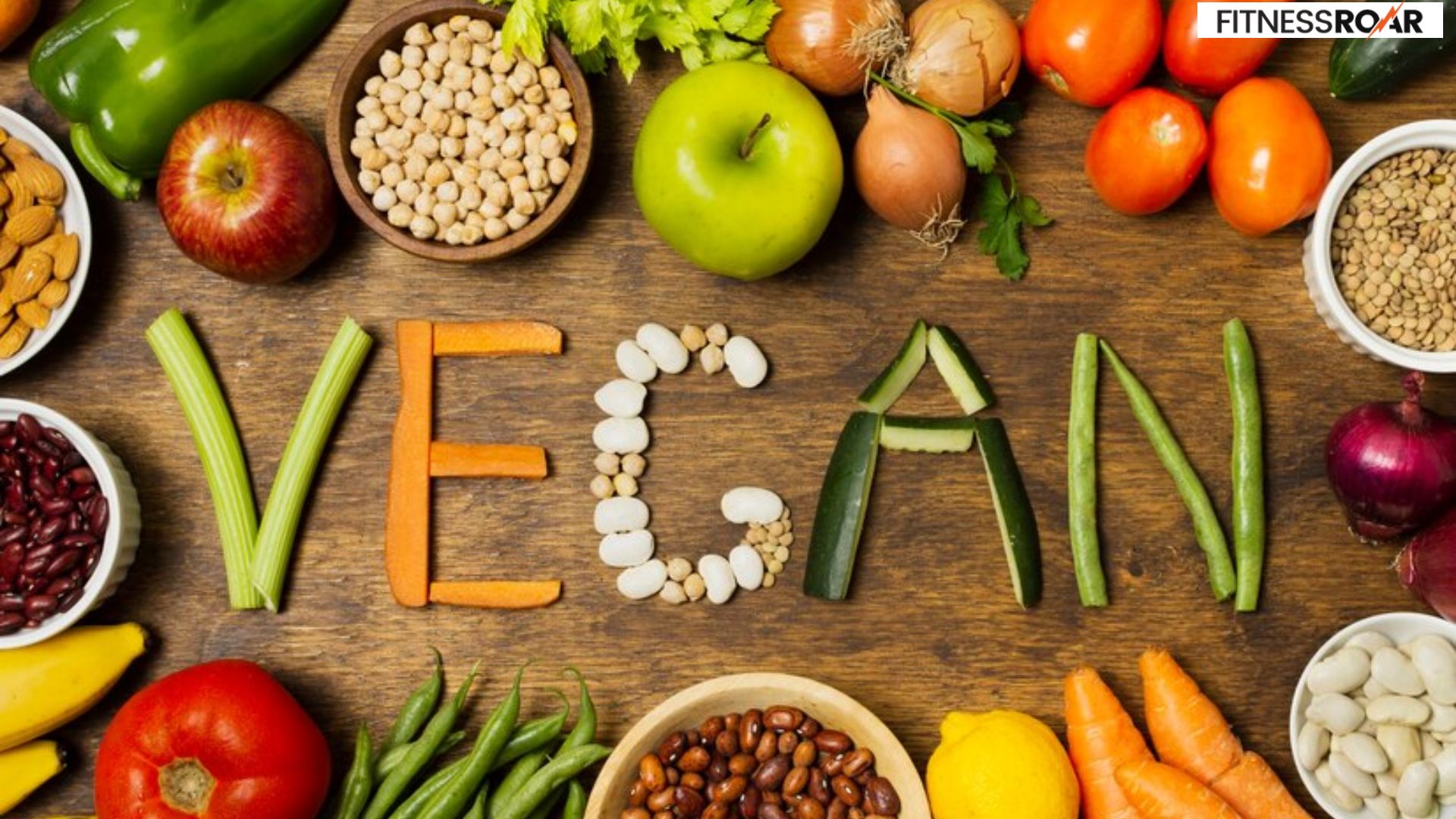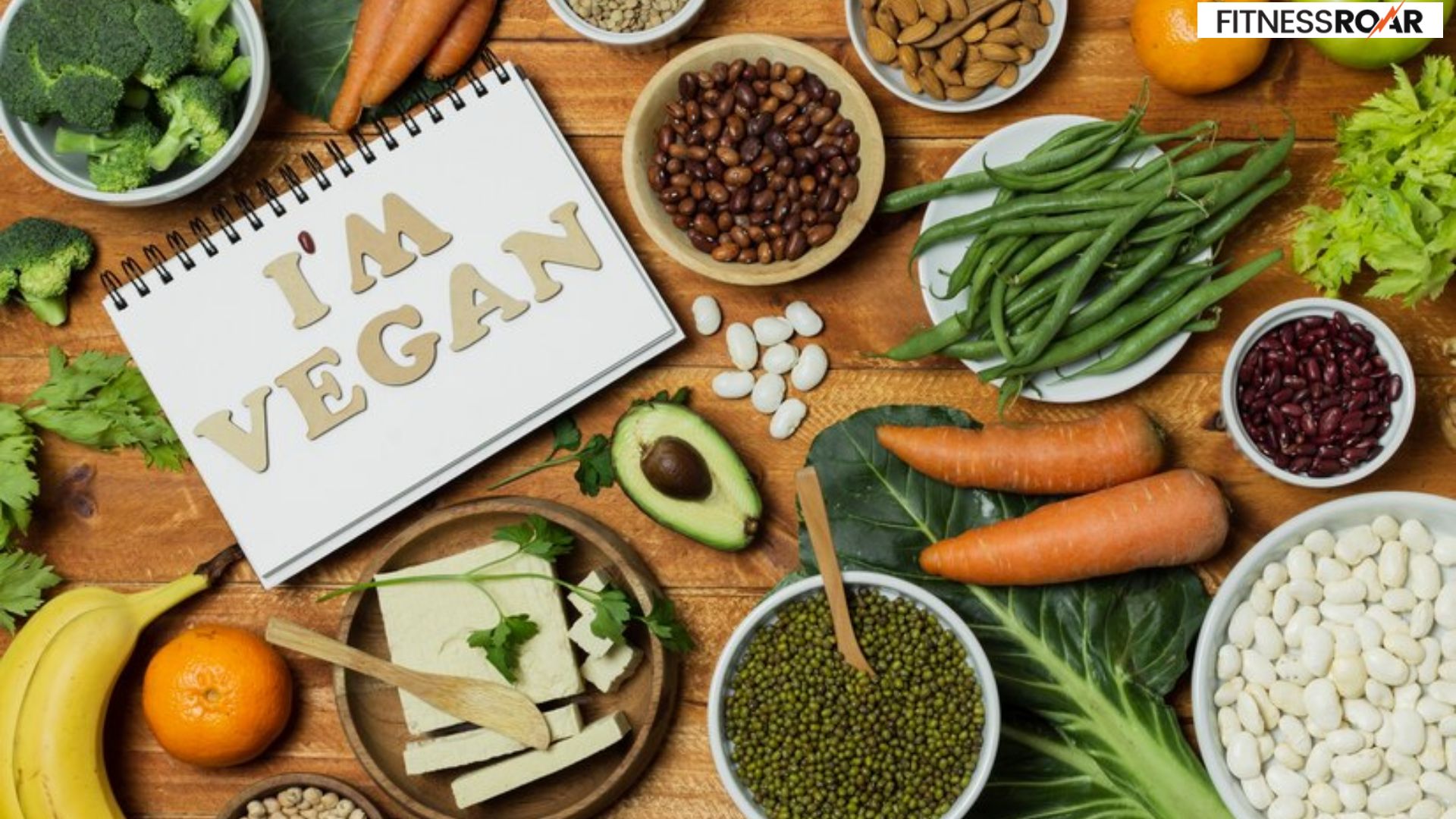Plant-Based and Vegan: Your Guide

In recent years, there’s been a remarkable rise in the popularity of plant-based and vegan diets. From health concerns to environmental awareness, people are increasingly turning to plant-forward ways of eating.
But what exactly do these terms mean? A plant-based diet centers on consuming mostly plants, including fruits, vegetables, whole grains, nuts, and seeds. While some variations might include occasional animal products, the emphasis is on plant-derived foods. Vegan diets, on the other hand, completely exclude all animal products from the table. This includes meat, poultry, fish, seafood, dairy (milk, cheese, yogurt), and eggs. Vegans also often avoid animal-derived materials in other aspects of their lives, such as clothing and personal care products.
This blog dives into a no-nonsense comparison of plant-based and vegan diets. We’ll explore the key differences between these dietary approaches, their potential health benefits and environmental impacts, what foods are allowed and off-limits, the challenges you might face, and even provide some meal examples to get you started.
Also Read: Yoga Asanas for Relieving Stress
Understanding the Difference
Here, we’ll break down the core concepts of plant-based and vegan diets, highlighting the key distinctions between them.
Plant-Based Diet
A plant-based diet prioritizes whole, unprocessed plant foods like fruits, vegetables, whole grains, legumes, nuts, and seeds. It focuses on getting most of your calories from these sources. While some variations might include occasional animal products, such as dairy or eggs, they aren’t the main focus.
Vegan Diet
A vegan diet takes a stricter approach, completely eliminating all animal products from your diet. This includes meat, poultry, fish, seafood, dairy (milk, cheese, yogurt), and eggs. Vegans also often extend this philosophy beyond food, avoiding animal-derived materials in clothing (leather, wool), personal care products (honey, lanolin), and some medications or supplements that might use animal byproducts during testing or production.
Inclusivity: Plant-based diets allow for some flexibility, with occasional inclusion of animal products. Vegan diets are all-encompassing, excluding animal products entirely.
Lifestyle vs. Diet: Veganism can be considered a broader lifestyle choice driven by ethical concerns about animal welfare, while a plant-based diet can be primarily focused on health or environmental benefits.
In essence, all vegan diets are plant-based, but not all plant-based diets are vegan.
Health Benefits Comparison
Both plant-based and vegan diets offer a wealth of potential health benefits. Let’s explore what each has to offer:
Health benefits of a plant-based diet
Rich in nutrients: Plant-based diets are naturally high in fiber, vitamins, minerals, and antioxidants, all crucial for overall health.
Weight management: Studies suggest plant-based diets can aid in weight management due to their lower calorie density and higher fiber content, promoting satiety.
Reduced risk of chronic diseases: Plant-based eating may lower the risk of heart disease, type 2 diabetes, certain cancers, and high blood pressure. This is likely due to lower intake of saturated fat and cholesterol, and increased intake of protective plant compounds.
Health benefits of a vegan diet
May offer additional heart health benefits: Vegan diets tend to be lower in saturated fat and cholesterol compared to plant-based diets that include occasional animal products. This can further reduce the risk of heart disease.
Weight management: Similar to plant-based diets, vegan eating can promote weight management due to its focus on whole, unprocessed foods.
Potential for ethical benefits: Vegans often report a sense of well-being knowing their diet aligns with their ethical values regarding animal welfare.
Both diets offer significant health benefits, with some potential advantages for vegans:
Heart health: Vegans might see a slightly lower risk of heart disease due to the complete exclusion of animal products.
Ethical considerations: Vegans address animal welfare concerns, which can be a significant motivator.
However, both diets require careful planning to ensure you get all the essential nutrients, especially vitamin B12, iron, calcium, and omega-3 fatty acids. Consulting a registered dietitian can help create a personalized plan for optimal health on either diet.
Also Read: Must-Eat Raw Garlic
Environmental Impact
The environmental impact of our food choices is a growing concern. Let’s see how plant-based and vegan diets stack up:
Reduced land use: Animal agriculture requires vast areas of land for grazing and growing feed crops. Plant-based diets generally require less land.
Lower water footprint: Livestock farming consumes a significant amount of water. Plant-based proteins generally require less water to produce.
Greenhouse gas emissions: Animal agriculture is a major contributor to greenhouse gas emissions, particularly methane from cows. Plant-based diets have a lower carbon footprint.
Further reduction in greenhouse gases: By eliminating all animal products, vegan diets potentially have an even lower carbon footprint than plant-based diets that include occasional animal products like dairy or eggs.
Reduced resource strain: A vegan diet minimizes strain on resources like water and land compared to both plant-based and meat-heavy diets.
Both diets offer significant environmental benefits. However, vegan diets generally have a slightly lower environmental impact due to the complete exclusion of animal products:
Land use: Vegan diets require less land for food production.
Water footprint: Vegan diets minimize water consumption compared to meat-based diets.
Greenhouse gas emissions: Vegan diets have the lowest carbon footprint among the two.
It’s important to note that some aspects of plant-based diets can have environmental drawbacks. For example, some plant-based protein sources like certain nuts and avocados require significant water resources depending on the growing region.
Allowed Foods
Understanding what you can eat is key to navigating both plant-based and vegan diets. Let’s break down the allowed food groups:
Foods permitted in a plant-based diet
Fruits: All types of fruits are welcome, providing a natural source of vitamins, minerals, and fiber.
Vegetables: A colorful variety of vegetables ensures a good intake of essential nutrients.
Whole grains: Opt for brown rice, quinoa, oats, whole-wheat bread, etc., for sustained energy and fiber.
Legumes: Beans, lentils, peas, and chickpeas are excellent sources of plant-based protein and fiber.
Nuts and seeds: A handful of nuts and seeds provides healthy fats, protein, and essential minerals.
Some variations may include: Some plant-based diets allow for occasional dairy products (milk, cheese, yogurt) or eggs.
Foods permitted in a vegan diet
All the foods from the plant-based list above: Fruits, vegetables, whole grains, legumes, nuts, and seeds are the foundation of a vegan diet.
Vegan alternatives: Vegans often incorporate plant-based alternatives for dairy products like milk made from soy, almond, or coconut, and vegan cheese made from nuts or soy.
Excludes all animal products: Vegans avoid meat, poultry, fish, seafood, dairy, eggs, and any ingredients derived from animals (honey).
Overlap: Both diets share a core focus on whole, unprocessed plant foods like fruits, vegetables, whole grains, legumes, nuts, and seeds.
Distinct: Plant-based diets may occasionally include dairy or eggs, while vegans completely exclude all animal products and their derivatives.
Also Read: Chocolate Protein Power Bars
In Crux
This comparison has hopefully shed light on the core principles, health benefits, environmental impact, and food choices associated with plant-based and vegan diets. Ultimately, the best diet for you depends on your individual health needs, ethical considerations, and environmental priorities.
Whichever path you choose, remember that both diets offer delicious and nutritious options. Consulting a registered dietitian can ensure you get the essential nutrients your body needs to thrive on a plant-based or vegan journey.
Whether you choose plant-based or vegan, you’re opening yourself to a world of culinary exploration. There are countless recipes, cookbooks, and online resources dedicated to delicious and satisfying plant-based meals. With a little creativity and planning, you can enjoy a diverse and flavorful diet that aligns with your personal values and fuels a healthy, vibrant life. Remember, small changes can make a big difference, and both plant-based and vegan approaches offer a path towards improved personal and planetary well-being.
How much did you like Our detailed Plant-Based vs. Vegan Diets: A Comparison? Please share your view in the comment box. Also, please share these Blogs with your friends on social media.
Recommended














